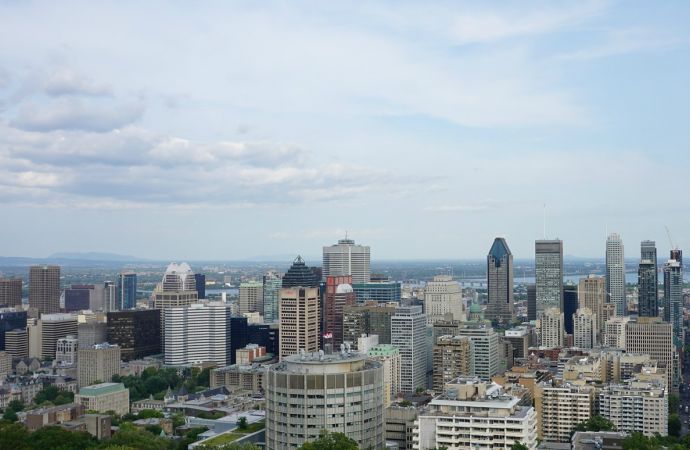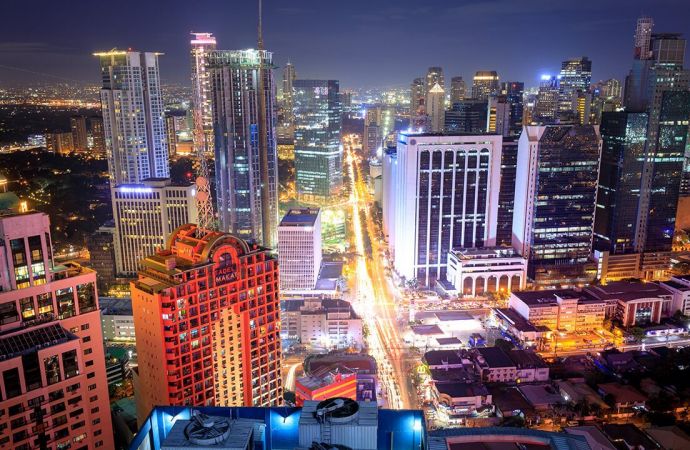shecco will organise an ATMOsphere Network event in partnership with the Environmental Investigation Agency (EIA), Greenpeace and Öko-Recherche will focus on the potential of natural refrigerant technologies to fulfil the obligations of the Parties to the Kigali Amendment to the Montreal Protocol.

MOP29 will take place in Montreal, Canada on 20-24 November 2017.
In a bid to raise awareness of the potential of natural refrigerants to help deliver the global HFC phase-down required under the Kigali Amendment to the Montreal Protocol, shecco – the publisher of this website – will be in Montreal, Canada at the 29th Meeting of the Parties to the Montreal Protocol (MOP 29; 20-24 November 2017).
In October 2016, developed and developing nations meeting in Rwandan capital Kigali adopted the Kigali Amendment to the Montreal Protocol to phase down the production and use of HFCs.
MOP29 will see the Parties to the Montreal Protocol come together to adopt concrete measures to accelerate the global HFC phase-down.
shecco’s side event, to be held on Tuesday 21 November, will share the findings of a recent study prepared by Öko-Recherche for Greenpeace, which evaluated climate benefits of global HFC phase-out scenarios.
In addition, presentations by the Environmental Investigation Agency will take a close look at the role of standards and other elements in ensuring successful implementation of the Kigali Amendment.
shecco will share the latest market data and trends related to natural refrigerant technologies across different regions.
The side event is targeted towards climate negotiators and industry representatives who are looking for technologically viable, safe and efficient alternatives to chemical refrigerants that have to be phased out in the near future.
More information about the programme and the speakers are available here.
Access to finance, changes to standards to take centre stage
Access to finance for developing countries to support the uptake of alternative refrigerant-based equipment, and the update of international standards will be at the forefront of discussions in Montreal.
The Montreal Protocol, which agreed in 1987 and entered into force in 1989, is a global agreement to protect the stratospheric ozone layer by phasing out the production and consumption of ozone-depleting substances (ODS).
Five subsequent amendments have been adopted, to phase-out the use of different Ozone Depleting Substances (ODS) such as chlorofluorocarbons (CFCs), halons, and HFCs.
The Montreal Protocol is widely considered to be the most successful environment protection agreement, where natural refrigerant-based technology can play a key role in achieving its objectives.
Related stories




